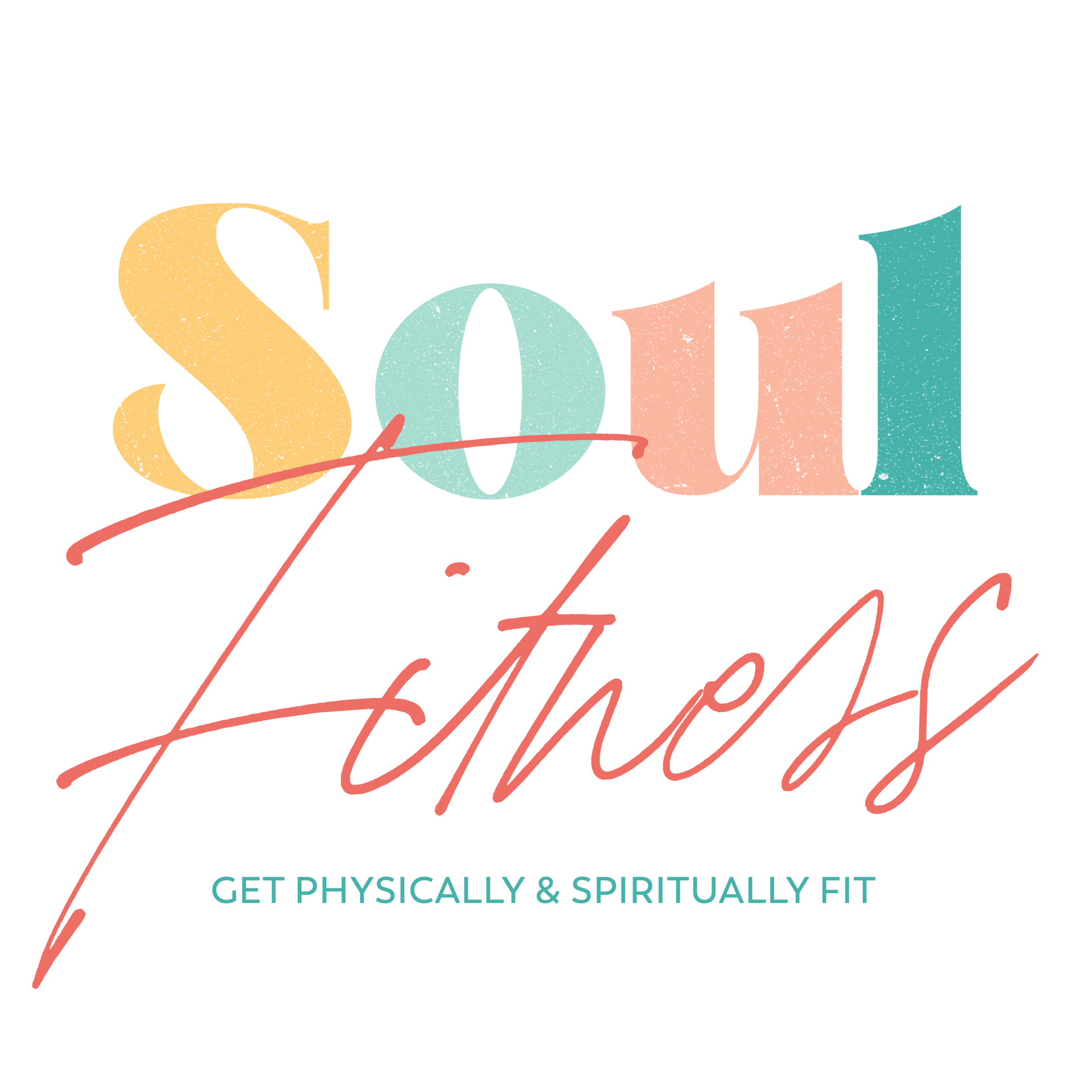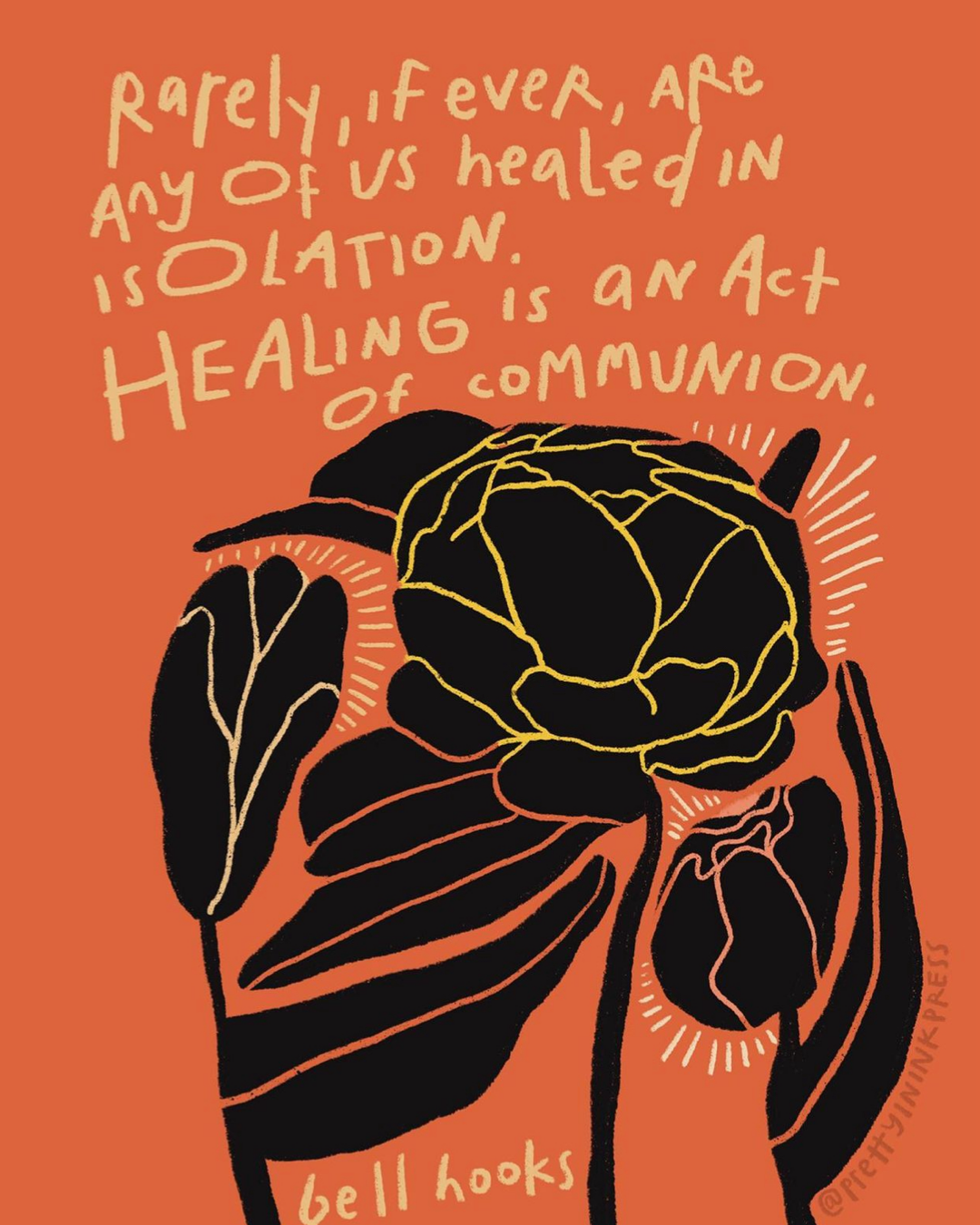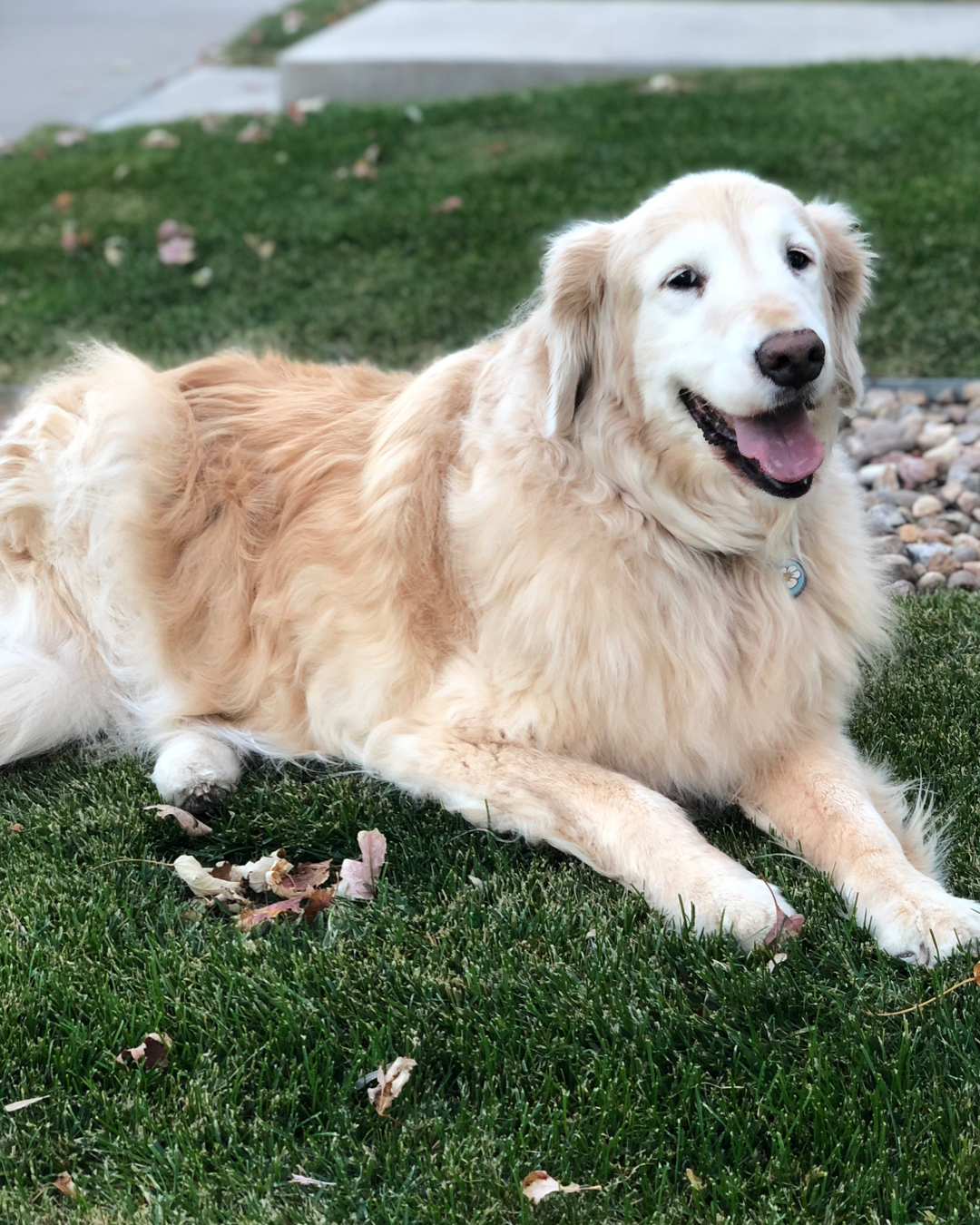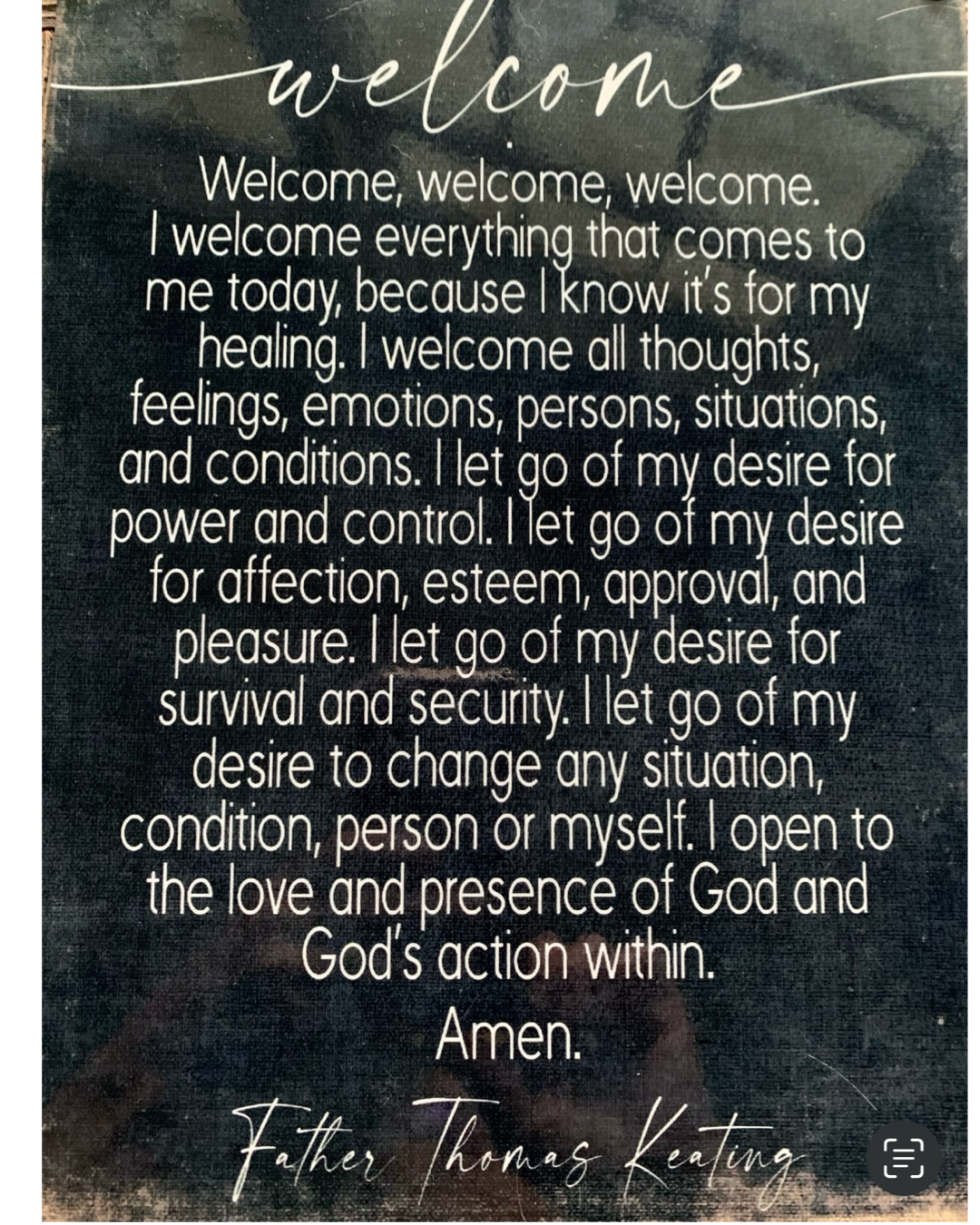Productive Undoing
“It is spring, Lord, and the land is coming up green again, unfolding outside my well-drawn boundaries and urgent schedules. And there is the mystery and the smile of it all.
The willows are dripping honey color into the rivers, and the mother birds are busy in manger nests, and I am learning again that ‘for everything, there is a season and a time for every matter under heaven.’
O, Lord, You have sketched the lines of spring.
Be with me in my unfolding.”
As we shift into spring, these words seem to capture the sentiments of my heart, especially the final sentence.
Be with me in my unfolding.
So many things have died, ended, or stopped in the past several months. Things that I have loved, things that I thought made me whole and purposeful. Truth be told, many of the things that were taken away have been necessary endings that were a long time coming.
Some things were good, but not the best. A couple of them were sick and not getting better. While others were just plain dead.
All of them drank from the goodness of my heart, and I gladly offered them my full attention.
"Was I a fool to care and to give so much?"
"Will God advocate and fight for me?"
"Why do I seem to require every knuckle to be broken before I finally let go?"
This is a blog for the messy middle, when things have come undone, or when life just hurts.
“For a seed to achieve its greatest expression, it must come completely undone. The shell cracks, its insides come out and everything changes. To someone who doesn’t understand growth, it would look like complete destruction.”
Springtime highlights a productive undoing. Every plant and every flower we see has cracked, transformed, and unfolded into a visual expression of growth.
Why do we freak out when this happens to us, and how can we unfold gracefully into our visual expression of growth? I think we shy away and try and protect ourselves from change because it hurts and we aren’t sure of what will happen next.
Just because it’s hard doesn’t mean that it’s wrong. Transformation usually demands more than we are comfortable releasing, and more often than not, transformation occurs through circumstances we cannot control.
Order. Disorder. Reorder. This is the way that growth works. First, there’s a scary, disorienting beginning, that leads to a sloppy and uncomfortable messy middle, that eventually leads to a new norm.
These are plain facts to know, but they are painful facts to feel and live out.
Yet, there is a "mystery and a smile to it all," transformation always leads to something beautiful if we allow it to.
What to do when the season hurts.
We can resist and wallow in self-pity as long as we’d like to, but I have found the change to be less disorienting when I honor, grieve, lean in, and release. Here’s what that looks like for me.
Honor
We do not learn from experience, we learn from reflecting on experience. Every time we enter into a new chapter of life, we have the opportunity to learn something new about God and ourselves if we take time to honor where we’ve been. Here’s an exercise I’ve been using to honor and reflect on the past season of my life. If you’d like to give it a try grab a journal and see what comes up for you.
Step 1: Think about the past few weeks. As you consider your life, ask the Holy Spirit to bring to mind any significant moments or circumstances. Revisit each significant moment in your imagination.
Step 2: Thank God for any gifts or blessings that you experienced this past month.
When was a moment of great joy?
Were there any surprises or full-circle moments?
When was a moment of settled confidence?
When was a moment of simple peace?
Step 3: Pause and reflect upon any difficult moments or circumstances of the past month. Were there any moments when you were not the person you feel you are called to be?
Can you recall any moments where you felt insecure, where you felt tempted to compare your life, your job, your kids, your home, or whatever with someone else? Try to remember how those moments felt.
Where did you experience these moments in your body?
Talk to God about these moments and try to sense His healing mercy wash over you.
Step 4: Were there moments this past month when the love and presence of God felt apparent to you? As best as you’re able relive those sweet moments with the Lord.
Step 5: Were there any moments this past month when the love and presence of God felt distant or far off? Talk to God about those moments and ask Him to reveal where He was in one of those moments.
Step 6: Think about your relationship with the Lord.
What was your time like with the Lord this past month?
What felt important, or essential from the time you spent with Him?
Have you noticed any ways in which your love for God, yourself, and others have deepened?
Step 7: Identify any gifts, new revelations, or things you’d like to hold onto that you received from God and/or others this past month.
Step 8: What would you like to let go of in the coming month?
Step 9: What’s one thing you’re looking forward to in the coming month?
Step 10: What is your bold prayer moving forward?
Grieve
“Goodbye,” “I’m done,” and “This is over,” have an emotional weight to them. Our bodies, whether we acknowledge it or not, will bear the burden of the big and small endings of our lives. Our minds, on the other hand, would prefer to ignore, silence, or stuff the emotional residue of it all. But, something beautiful, and something real happens when we allow ourselves to grieve and lament about all that we’ve endured. Suffering provides the training ground for our Christian maturity. (Romans 5:3-5) It develops our patience and helps us realize our need for Christ. It strengthens our resolve, encourages humility, and ensures our victory. But, only if we allow it to.
We can’t heal what we refuse to feel.
Painful emotions don’t just go away because we push them away. They tend to bump their way to the surface and come out sideways when our hearts and bodies can no longer hold them. It just takes a little knock, sustained pressure, or chaotic circumstances to release a whole floodgate of pent-up pain and resentment. Grieving goodbyes and endings allows your mind, body, and soul to move on before that happens.
I’m sure there’s a ten-step guide to lamenting somewhere, but my process is pretty simple. I get away with Jesus and tell Him all about it. I tell Him how they’ve hurt me, how bad it sucks, and how I wish things could be different. I lead Him to the place in my body where I’m feeling the weight of the emotions. I invite Him into that place in my body, and ask for Him to comfort, relieve, and care for me. I share my tears, emotions, and thoughts with Him, and then I rest with Him. Like a child who’s hollered and cried themselves into exhaustion, I rest in the arms of the One who wastes nothing. I rest, unburdened, known, seen, and loved, with the One who has felt it all, and who is with me through it all.
And most importantly, I praise and worship Him.
God can make any season of life meaningful and useful. Long, hard years can be effective years of worship and service.
We are not powerless unless we isolate ourselves and take our eyes off Jesus.
Which leads us to the next step of leaning in.
“We are wounded in community and we are healed in community.
No way around it.
Healing might not come from the community where the wounding took place, but community is needed for healing nonetheless.”
Lean In
Did you know that God created our brains for connection? We were built to feel. And we were built to feel together. It might seem counterintuitive, but during seasons of transition, it’s imperative to get out of our heads and lean into others. Whenever we hide from vulnerability to avoid being misunderstood, wronged, rejected, or hurt, we also keep ourselves from good things like compassion, and love, and realizing that we’re not alone. Sharing our life circumstances and emotions with others brings us connection and healing.
This has been the sweetest lesson for me this season.
Not everyone has earned the right to hear your story, but the ones that have deserve to see the real you.
As things have been stripped away, I’ve emerged raw and thin-skinned, and to be honest, I wanted to control the way I shared my pain with others. I wanted my heart to speak louder and clearer than my hurt. But deep calls to deep, and trying to pretty it all up just makes it fake. So I showed up…and I opened up to the ones I trust.
It wasn’t perfect.
At times, I was shocked by the way I broke right in front of them. I wasn’t strong, I didn’t have a faith-filled scripture to reframe it all. But I was honest, and I trusted them to love me regardless of how messy and uncertain I was. And you know what… they did.
You might not do it “right.” They might not do it “right.” But at least you’re moving through the messy middle of life together where grace and love abound.
We heal best when we are wrapped up and connected to the people we love- regardless of what we are feeling.
Finding someone to share with.
If you don’t have a close network of friends, Jennie Allen has done a ton of great work in this area with her Find Your People and Untangling Your Emotions studies. She lists three qualities in a relationship that are markers for safe sharing.
Availability: Look for people who say yes and show up, even when things are nuts, or their house isn’t clean, or when everything isn’t perfect.
Humility: They say hard things and they receive hard things, and they’re honest, but they’re not about to think they can fix you. They’re willing to respond positively to a request for a purely listening ear, and they agree to ditch the fixing.
Transparency: Look for someone who refuses to hide, someone who will say what’s really going on.
Healthy friendships are guaranteed to have conflicts, bumps, and misunderstandings. The more we share and show up for each other, the better we get at leaning in and trusting one another. Like life, the process of sharing your life can be hard, messy, and beautiful all at the same time. My friend Jinjer used the brilliant analogy of wringing out a dirty sponge to describe what this process might look like. The first couple of times you lean into another person and share your emotions, a lot of colorful stuff will come out. But the more you rinse and repeat, the clearer and easier the process gets for everyone involved. You learn how to share and be safe for them, and they learn how to share and be safe for you. Leaning in is not a one-and-done type of thing. This is an everyday type of thing that you courageously keep stepping into so you can heal and stay connected to others.
“Shoulder each other’s burdens, and then you will live as the law of the Anointed teaches us.”
Finding someone to help you connect with God.
People are not substitutes for God.
During seasons of transition and desolation, it’s crucial to double down on prayer and intimate connection with God. Seeking comfort, care, and God’s perspective about what you are going through is the pathway to peace. Here’s the good news, you don’t have to do this alone either! Spiritual Direction is my favorite form of spiritual companionship, and I would have overthought myself into the great abyss without my Spiritual Director for the past several months.
If you’re in a season of transition, looking for someone to help you connect with Jesus, or curious about what Spiritual Direction is all about I’d love to journey with you!
Release
Last, but not least, is release.
When I think of release, I think of surrender. In Biblical terms, surrender isn’t about giving up, it’s about giving something over.
Is there something or someone you need to give over to God?
Are you ready to let go?
Some things are hard to let go of. I’m an eternal optimist and when I’m in, I’m all in. I tend to hold on to people and things long after their time has passed. But the things we hold too tightly will eventually get a hold on us. They hinder interior freedom and inner peace, and what’s worse, they influence the way we enter into our next season of life.
Everyday practices to help you let go.
I had the most amazing golden retriever, named Daisy. Daisy loved to play fetch, but playing fetch with Daisy was a one-sided game sometimes. You see, at the beginning of most of our fetch sessions, Daisy would have trouble letting go of the ball. She’d run like the wind to hunt down and capture the ball. And then, she’d sprint back and stand stubbornly at our feet with the ball in her mouth. We’d bark “drop it,” over and over until she’d finally relent and release the ball. Then, we’d do it all over again.
Fun times.
Giving up the ball was hard for Daisy at first, but she’d usually get lost in the flow and would eventually drop the ball with more ease. Despite the fact that we played fetch almost every day, Daisy was reluctant to let go of the ball because she wasn’t sure if she could trust us to give it back to her. She worked hard to get that ball, why would she give it up?
God reminded me of Daisy not long ago as He and I were muddling through my own release issues. At the root of my unwillingness to release that thing, that person, that emotion, was an issue of trust too. I was holding on because I wasn’t sure what trusting God might look and feel like. Like Daisy, I needed something to get me in the flow so that I could let go a little better. I needed some everyday practices to help loosen my grip and soften my heart. These two practices have quickly become my go-to prayers to help me trust and release things easier.
Practicing “Benevolent Detachment.” Two big words for the practice of giving everything and everyone over to God. So, how does one do that? When I feel overwhelmed and heavy with worry, I stop, breathe, and list off everything and everyone that’s on my mind to God. If it comes back up, I do it again and again, like that game of fetch, until I feel unburdened.
The Welcoming Prayer. I try to pray this prayer every day, especially as I enter into my quiet time with the Lord. It’s a beautiful prayer of embodiment, presence, and release, and I hope you love it as much as I do.
“God, open my hands in surrender, to welcome whatever comes, however it comes, because Love Forever comes. Whenever I welcome whatever comes, I invite wellness and healing to come. ”
The way to live the most fulfilling life possible is to squeeze every ounce of life out of each season (even the really painful ones) so that you can grow in purpose, passion, and perspective and then boldly move into the next season when it comes. I pray that the Honor, Grieve, Lean In, and Release process I’ve shared today can help you do that.
Grace, peace, and blessings to you on your journey 🙏🏻





